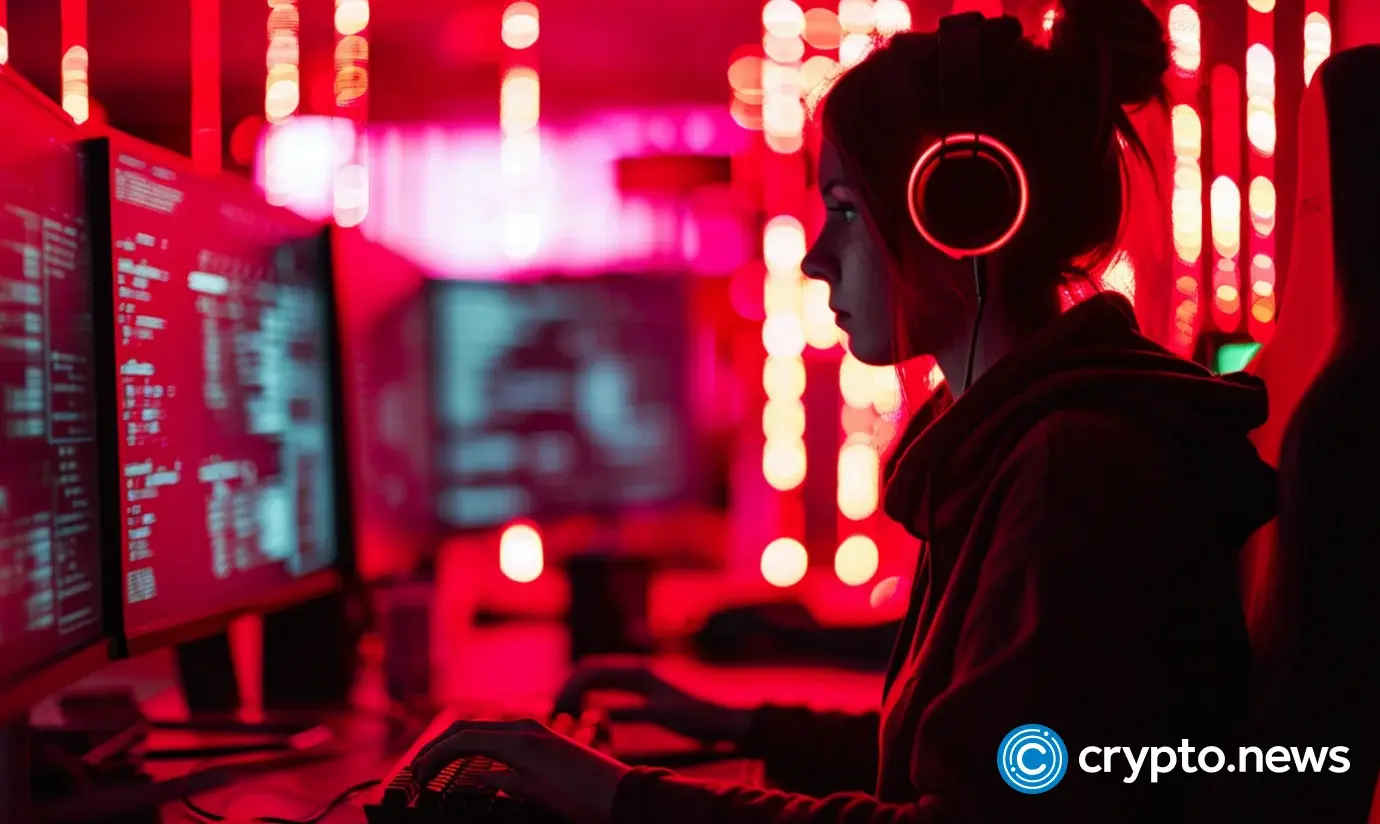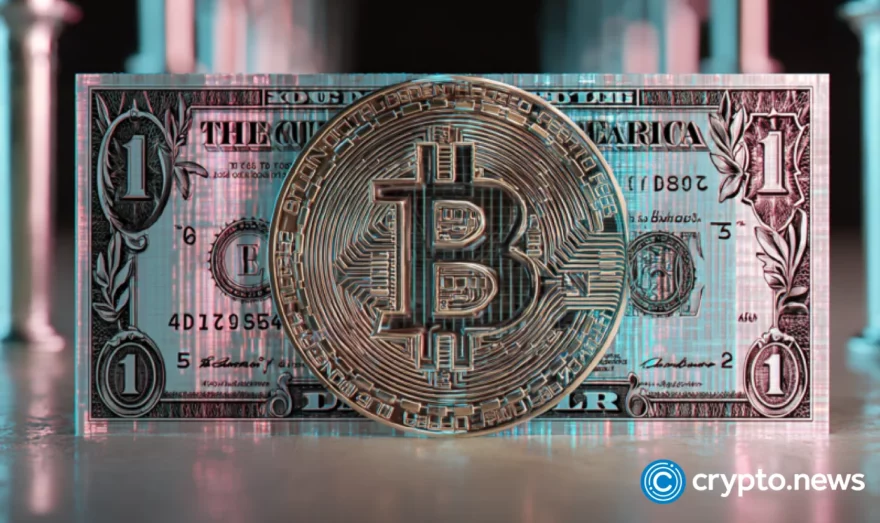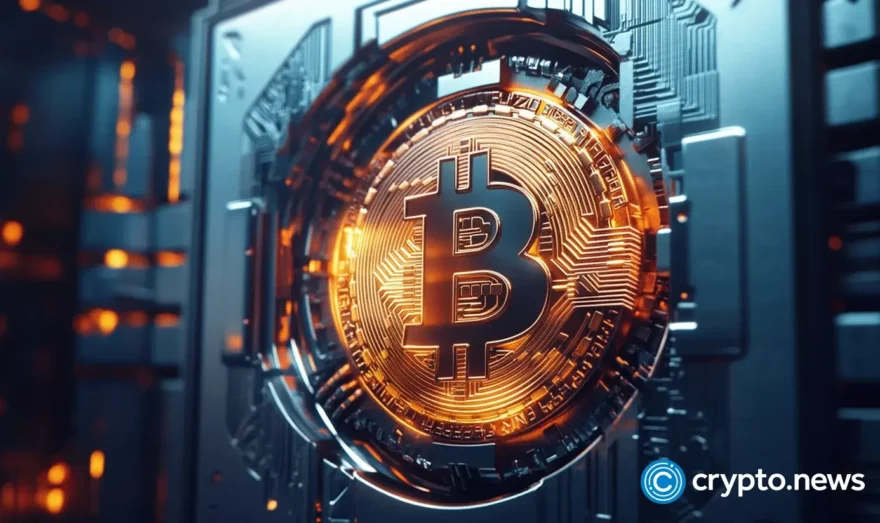Exclusive: Savl’s COO on new frontiers of KYC

Speaking with crypto.news, James Toledano, Chief Operating Officer at Savl, delved into money laundering and how tainted assets are putting crypto users at risk.
Cryptocurrencies are increasingly becoming a tool that is being exploited for money laundering. The anonymity and decentralization that make cryptocurrencies appealing also create a fertile ground for criminal activities, challenging the integrity of the entire system.
Over $24 billion was laundered through crypto last year, according to Chainalysis’ 2024 Crypto Crime Report. The lack of stringent regulations and the rapid evolution of laundering techniques have only exacerbated the problem.
Complicating matters further, even everyday users can unwittingly become entangled in these schemes. By unknowingly interacting with tainted crypto assets, individuals and organizations risk severe legal and financial repercussions.
With this comes the urgent need for tools to detect and prevent money laundering. Some innovators in the crypto space are already developing advanced solutions.
According to Toledano, Savl is leveraging Know Your Transaction (KYT) as a means to identify and help users avoid tainted assets. While discussing the existing challenges, he delved into how KYT can help in this regard.
Why should one avoid interacting with tainted crypto assets?
You may ask, why should a user care? Assets are assets, and money is money, right? Well, the problem with this is that large central exchanges also use blockchain analytics and frequently blacklist addresses that are associated with tainted assets (from all types of criminal activities — not just laundering). So, if you accept tainted crypto into your wallet by association, you could be blacklisted from major centralized exchanges, and your ability to, say, off-ramp might be greatly impacted. There’s also the ethical aspect too, would you want to transact with or help a launderer or worse? While KYT is not a silver bullet, it provides strong indications of potential risks, helping individuals avoid tainted crypto assets, comply with regulations, and transact ethically.
What do you see as the most pressing security issues currently facing the crypto space?
DeFi is grappling with several major security challenges, and many DeFi platforms are often rushed to market with inadequate security checks or testing, making them seriously vulnerable and, therefore, prime targets for hackers who exist to exploit any and every weakness Regulatory issues also present challenges as they are patchy across jurisdictions — there’s no globally agreed framework. So wherever gaps appear, they will be exploited too. Privacy coins and mixing services complicate anti-money laundering efforts, and again, the lack of consistent global standards is a persistent problem. However, regulators in the US and Europe are starting to catch up, and the cracks are slowly diminishing. Looking ahead, emerging tech like quantum computing and AI pose potential threats to current crypto security measures and are readily available (in the case of AI).
Can we address these risks?
To address these challenges, we need a multi-pronged approach: stronger security protocols, smarter regulations, better user education (this is vital), and more resilient technology. It’s a tall order that’ll require collaboration from developers, regulators, and the entire crypto community, but I’m confident we can get to a better place.
In your opinion, how effective are current regulatory frameworks and KYC measures in combating money laundering in the crypto space?
Crypto regulations and KYC efforts almost certainly make money laundering harder, but criminals and criminal organizations are seriously smart and sneaky and are always finding novel and ingenious ways around restrictions. While regulated exchanges help track suspicious activity, the global and decentralized nature of crypto creates loopholes and wherever there are gaps, criminals will exploit them.
What changes do you believe are necessary to enhance their effectiveness?
In my opinion, we need Cohesive/unified global teamwork/framework on regulations. Tech-savvy regulators who can keep up with crypto innovations in real time. Better public-private collaboration (more likely due to the convergence of sectors). More user education on crypto risks and compliance (users are getting smarter as adoption picks up). Tougher global enforcement and more cross-border/international cooperation.
What emerging tools and technologies do you foresee playing a crucial role in the fight against crypto money laundering?
AI and blockchain forensics are changing the game in helping to identify and catch launderers. These smart tools can spot fishy transactions by crunching massive amounts of data and tracing crypto as it hops between wallets. Companies like Coinfirm, Chainalysis, and Elliptic are leading the charge here. In terms of privacy, we have zero-knowledge proofs and secure multi-party computation tools that let users prove they’re legit without giving up all their secrets — like showing you’ve got a valid ID without revealing your home address.
How can these innovations be integrated effectively without compromising user privacy?
To make this work, we need regulators and those of us in the crypto space to team up on standards that balance compliance and privacy. Even regular users can play a part – with our wallet, we offer a built-in tool called KYT that enables users to run blockchain analytics risk assessments against any address to help mitigate their risks of interacting with laundered assets when transacting.
Self-custody is often touted as a key advantage of decentralized finance. In your experience, is self-custody fulfilling its promise of better security?
Self-custody in decentralized finance (DeFi) promises greater security and control for users, and to a large extent, it has delivered on this promise. By allowing individuals to hold and manage their private keys, self-custody eliminates the need for intermediaries, thus reducing the risk associated with centralized exchange hacks. This direct control offers users full ownership of their assets and the ability to execute transactions independently, enhancing their autonomy in managing their finances. In recent months, we have also seen major exchanges launch their own self-custodial wallets due to customer demand. In other words, users are driving this trend and recognize that even though centralized exchanges are a vital part of the ecosystem, these same exchanges need to offer self-custodial options to their clients. This validates self-custody from my perspective. However, the biggest hurdle here is that self-custody requires a degree of technical proficiency. Users must be vigilant against security threats such as phishing attacks, malware, and other forms of cybercrime. But again, this comes down to education.
Could you explain how Savl’s ‘Know Your Transaction’ (KYT) feature functions and how it helps in identifying and combating money laundering within the cryptocurrency space?
The KYT feature is the first of its kind, allowing you to check any crypto address to verify if a user is holding illicit or tainted crypto assets. Put simply, KYT enables users to make safer, better-informed decisions and avoid risky transactions. We work with leading blockchain analytics providers to ensure the blockchain analytics feeding our KYT feature is best in class. In fact, we are the only wallet that offers this service, and it is something we are exceptionally proud of.
What specific mechanisms does KYT employ to ensure that users and institutions can detect and avoid tainted crypto assets effectively?
Key mechanisms for Savl include Real-Time Data Analysis, which tracks and analyzes blockchain transactions. Sanctions and Watchlist Monitoring, which involves Cross-referencing transactions against updated lists. Behavioral Analysis, which includes Flagging deviations from typical transaction patterns. Highlighting potential illicit activities via Risk scoring. Integration with AML tools, machine learning, and AI to improve detection accuracy and, finally, collaboration with leading KYT providers for accurate results.














